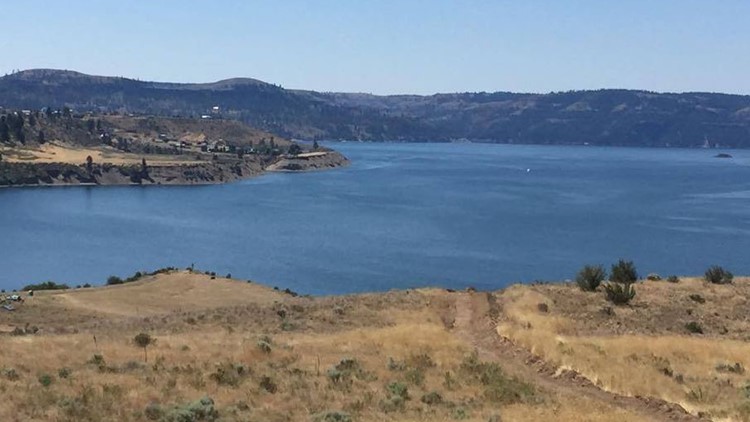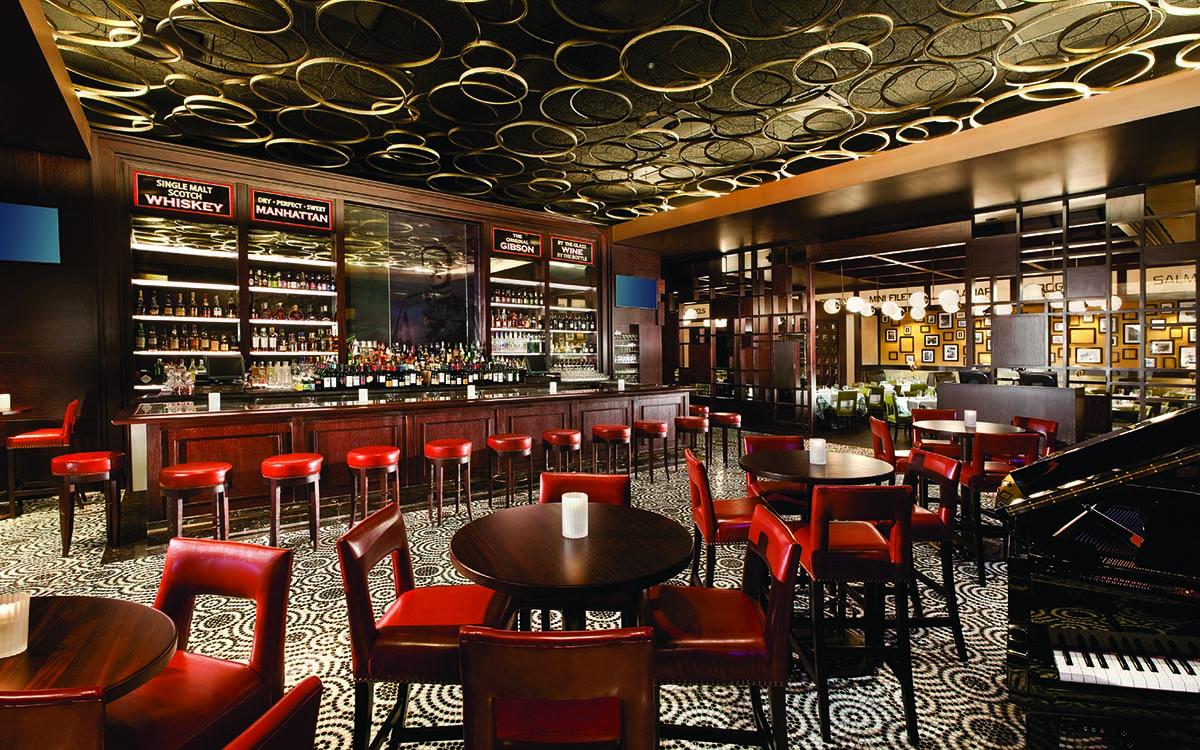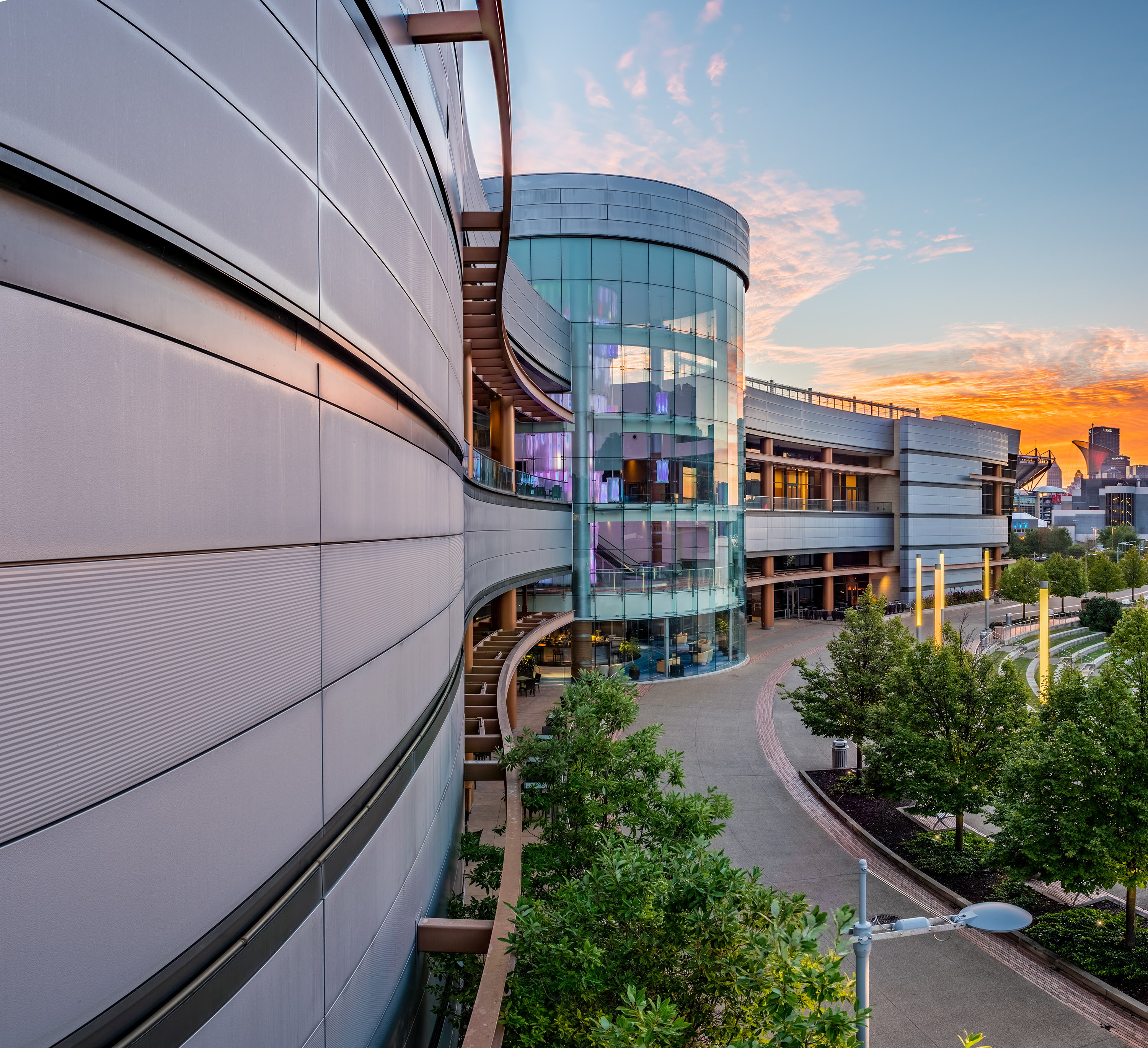Is Rivers Casino On Water
Posted By admin On 02/08/22Rivers Casino Pittsburgh will resume operations Monday, Jan. 4, at 8 a.m., following the governor’s three-week yearend shutdown of all Pennsylvania ca. Water Sports in Pittsburgh. Went to the casino over Valentine's Day weekend had a wonderful time got amazing food won some money love the Rivers Casino also ate at. Chicago’s first new casino in years, the Rivers Casino was built over a water basin to comply with the region’s riverboat regulations. Designed with the guest in mind, every aspect of the casino is meant to make visits stress-free, from the automated parking guide to the plethora of gaming, dining and entertainment options to accommodate a variety of moods, upscale or casual. Set along the Ohio River on the North Shore of downtown Pittsburgh, Rivers Casino is a premier gaming and entertainment destination spanning 450,000 square-feet. Open 24/7, try your luck at one of the 2,900 slot machines, 100+ gaming tables, over 30 poker rooms, sports betting or relax at our many restaurants and bars all night long.
Once a month, Stephanie Klinger drives an hour to Harrah's Joliet casino, sits in front of the slots with her husband, has a few laughs, and spends about $300.
As a frequent customer, she occasionally gets a free meal or hotel room. For the 55-year-old school lunch supervisor, it's a fun little getaway from her home in Northlake.
But now that the Rivers Casino is opening in nearby Des Plaines, she's ready to change her loyalties.
'If I like this casino, I probably won't even go to Harrah's anymore,' she says.
That is what the owners of Rivers Casino are betting on when it opens Monday, and what other casino operators are trying to head off.
Sitting on one of the more desirable gambling sites in the country outside Las Vegas and Atlantic City, Rivers Casino is positioned to draw not only customers from other casinos, observers say, but newcomers from Chicago and the suburbs, conventioneers, and travelers passing through nearby O'Hare International Airport.
Industry consultants say the new casino is a sure bet to succeed, even in a soft economy that has squeezed gambling dollars across the state in recent years. Yet proposed legislation to add five new casinos in Illinois, including Chicago, means the clock is ticking.

The newcomer has a window of opportunity — perhaps two years — to establish a sustainable base no matter what other venues come along, they add.
That explains why Midwest Gaming and Entertainment LLC, which owns the casino, is positioning it on the Vegas model. One telling ad slogan: 'We are not a riverboat.'
When state lawmakers first allowed casinos in 1990, lawmakers required that the facilities be on moving riverboats in an effort to limit access and help struggling river towns. To provide maximum gambling space, operators put restaurants, bars and other amenities on land next to the boat, so gamblers had to leave the casino to eat, and re-enter to gamble.
Today, casinos no longer have to cruise in boats, but they still have to be over water. To comply with state law, Rivers Casino was built over a shallow pit filled with a few inches of water that's hidden to visitors.
Inside the building, though, the casino makes a bold statement. In contrast to riverboats confined by multiple smaller levels, the Rivers gaming floor spreads across 44,000 square feet on a single level, with nearly 20-foot ceilings. The gaming floor radiates with the glow of 1,050 slot machines and 48 table games, including blackjack, craps and roulette.
The high-limits area takes bets up to $50,000 for blackjack and $100,000 for mini baccarat. A separate room offers privacy for celebrities or high rollers willing to pay for their own table and dealer.
At the center of the action lies the Lotus cocktail lounge, with a jazz pianist and a 360-degree view. Surrounding the floor are a half-dozen restaurants, led by Hugo's Frog Bar & Chop House, operated by Gibson's, a prestigious outside dining brand.
Skylights — once unheard of at casinos — let in indirect sunlight and support green walls of plants. The builders aim to make it the first LEED-certified casino in the nation, denoting environmentally friendly construction.
Midwest Gaming has spent $445 million to make the facility opulent and contemporary. But CEO Greg Carlin said customer service is as important as location and design. Translators provide services in Asian, Spanish and Eastern European languages. The parking deck has green and red lights to show which spaces are open.
Managers are seeking an upscale clientele, but welcome all gamblers. In particular, they're pushing casino membership, with special previews this weekend for VIPs and Des Plaines residents who were the first to join the club. Typically, marketing officer Suzanne Trout said, members make up 20 percent of casino clientele but generate 80 percent of the revenue.

With a broad base of potential customers, state analysts said, Rivers will likely become the highest revenue-generating casino in the state, exceeding the $287 million at the Grand Victoria Casino Elgin last year, in part by stealing business from nearby competitors.
The Rivers Casino license had a tortuous journey to its final destination. It once belonged to an East Dubuque casino that went out of business in 1997. Three investor groups sought the license to build a casino in Rosemont, but the deals fell through. In 2008, the Illinois Gaming Board awarded the license to Midwest Gaming.
Midwest Gaming describes itself as a partnership between affiliates of Neil Bluhm, of real estate giant JMB Realty, and Clairvest Group Inc., a Toronto investment group; and Casino Investors LLC, minority participants who make up at least 16 percent of total ownership, and female investors who make up 4 percent, including Desiree Rogers, CEO of Johnson Publishing and former social planner for President Barack Obama.
But the owners aren't the only ones waiting to rake in their chips. Suburban officials anticipate sharing millions of dollars in tax revenue to use for paving streets, flood control and other projects.
Official estimates of casino revenues have varied. Des Plaines recently estimated that the casino would generate annual revenues of $325 million to $400 million. The profits would be shared by the state, Des Plaines and 10 south suburban communities, with Des Plaines' share estimated at up to $6 million per year.
Still, amid such expectations, Rivers Casino is opening at a difficult time.
Revenues for boats in Aurora, Elgin and Joliet have fallen 33 percent since the state implemented a smoking ban three years ago. In contrast, the renovated Horseshoe Casino in Hammond has taken off, becoming the biggest moneymaker in the area, raking in $542 million last fiscal year.
Based on location, newness and likely dominance in the market, Rivers already has a rivalry with Horseshoe. The new casino hired several top floor managers from Horseshoe, and its Asian pit will compete with Horseshoe's Asian gaming area.
'If you look at their positioning, it appears they're taking a few plays from our playbook,' said Dan Nita, senior vice president and general manager of Horseshoe Casino.
Horseshoe officials aren't too worried about Rivers, he said, because new casinos always get customers to check them out, but relationships built over time get patrons to come back.
Is Rivers Casino On Water
To entice them, the casino recently rolled out new promotions, like an $80,000 sweepstakes.
Is Rivers Casino Still Open
Other area casinos have also stepped up efforts to hang on to customers.
Potawatomi Bingo Casino in Milwaukee now offers exclusive rewards for Illinois residents to play there. Like Four Winds Casino Resort in New Buffalo, Mich., and Hollywood Casinos in Aurora and Joliet, it has been advertising recently on Chicago television, radio and billboards.
Ultimately, the players will have the final say.
Robert Dahlen, a retired collector for a finance company, takes a bus to either Horseshoe or Grand Victoria three times a week. He spends $30 to $50 each visit and has a good time socializing, but now, he says, he and his bus mates will head to Rivers Casino because it's only two miles from his neighborhood in Chicago.
'All the people that used to ride with me,' he said, 'they're going to come to the new casino.'

A riverboat casino is a type of casino on a riverboat found in several states in the United States with frontage on the Mississippi River and its tributaries, or along the Gulf Coast. Several states authorized this type of casino in order to enable gambling but limit the areas where casinos could be constructed; it was a type of legal fiction as the riverboats were seldom if ever taken away from the dock.
History[edit]

Paddlewheel riverboats had long been used on the Mississippi River and its tributaries to transport passengers and freight. After railroads largely superseded them, in the 20th century, they were more frequently used for entertainment excursions, sometimes for several hours, than for passage among riverfront towns. They were often a way for people to escape the heat of the town, as well as to enjoy live music and dancing. Gambling was also common on the riverboats, in card games and via slot machines.
When riverboat casinos were first approved in the late 20th century by the states, which generally prohibited gaming on land, these casinos were required to be located on ships that could sail away from the dock. In some areas, gambling was allowed only when the ship was sailing, as in the traditional excursions. They were approved in states with frontage along the Mississippi and its tributaries, including Illinois, Indiana, Louisiana, Mississippi and Missouri. Illinois also allowed limited riverboat casinos in the Chicago metropolitan area, which has a Mississippi River connection through the Chicago Sanitary and Ship Canal, while Northwest Indiana has three 'riverboat' casinos in harbors along Lake Michigan.
An unusual situation occurred on the Potomac River in the mid-20th century due to a quirk in the state border between Maryland and Virginia. The border is not in the middle of the river, rather it is at the low water mark on the Virginia side such that the entire river is in Maryland (except for small portions in the District of Columbia.) As a result, there were several riverboat casinos docked off of the Virginia shoreline in the 1950s, when gambling was legal in Maryland but not Virginia. As the river was in Maryland, visitors could park in Virginia, and walk across a pier, crossing the state line in the process.[1]
As an example, in 1994 Missouri voters approved amending the state constitution to allow 'games of chance' on the Mississippi and Missouri rivers. By 1998, 'according to the state Gaming Commission, just three of the 16 operations comprising Missouri's $652-million riverboat gambling industry [were] clearly on the main river channel.' The state supreme court had ruled that boats had to be 'solely over and in contact with the surface' of the rivers.[2] Several casinos had been located on riverboats located in a moat or an area with water adjacent to a navigable waterway, leading them to be referred to as 'boats in moats.'[2] The state legislatures were unwilling to give up the revenues generated by gambling. Over time, they allowed gaming casinos to be built on stilts, though with the requirement they had to be over navigable water.
Following Hurricane Katrina in 2005, which destroyed most riverboat casinos and their associated facilities of hotels, restaurants, etc., in states along the Gulf Coast, several states changed their enabling legislation or amended constitutions. They permitted such casinos to be built on land within certain geographic limits from a navigable waterway. Most of Mississippi's Gulf Coast riverboat casinos have been rebuilt on beachfronts with solid foundation systems since the hurricane.
References[edit]
- ^'Virginia-Maryland Boundary'. www.virginiaplaces.org. Retrieved 2021-01-27.
- ^ abSloca, Paul (18 January 1998). 'Missouri's 'Boats in Moats' Get That Sinking Feeling'. Associated Press. Retrieved 3 April 2015.

Is Rivers Casino Built On Water
External links[edit]
- Partial listing of permanently moored casinos, DeJong and Lebet, Inc., Naval Architects and Marine Designers